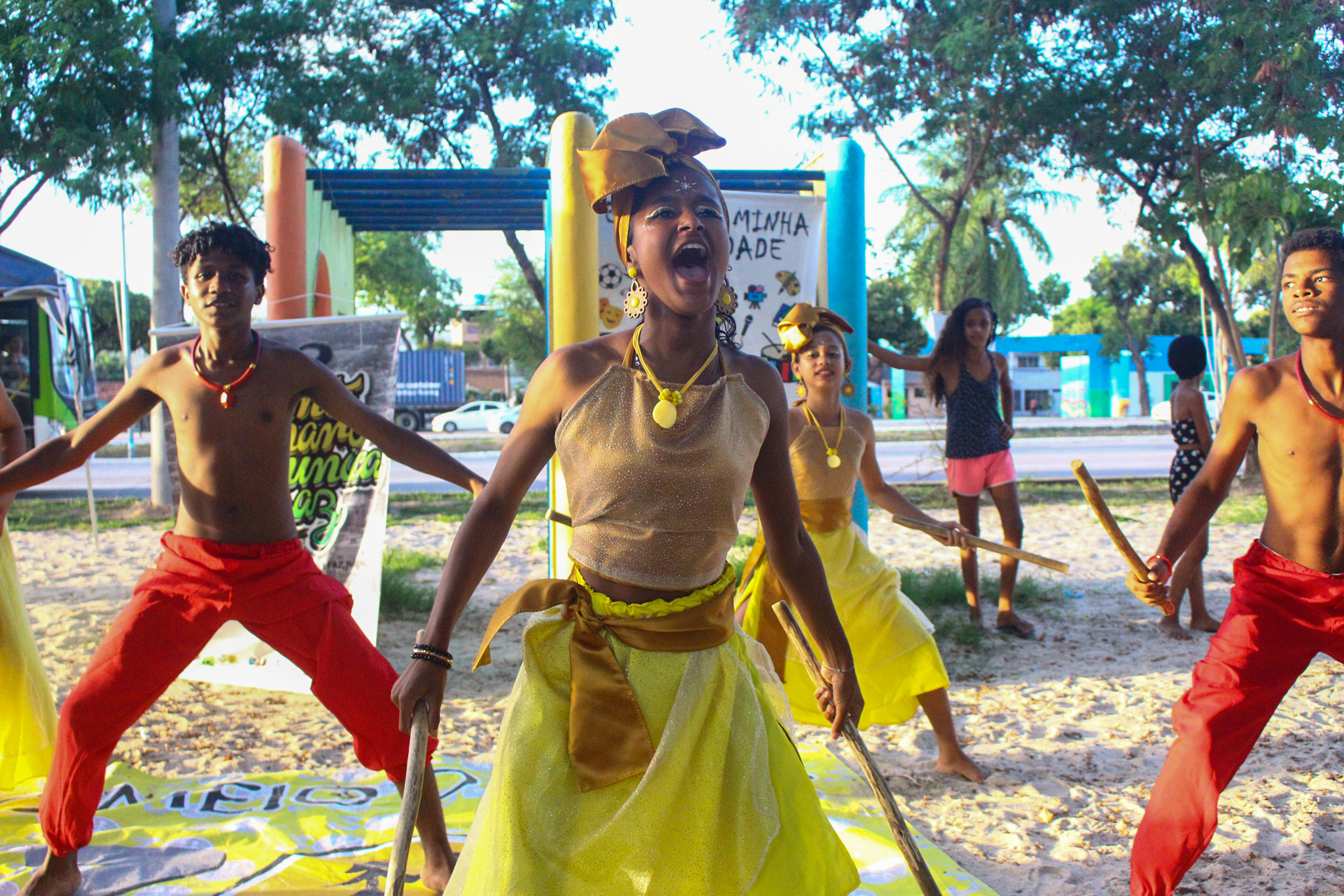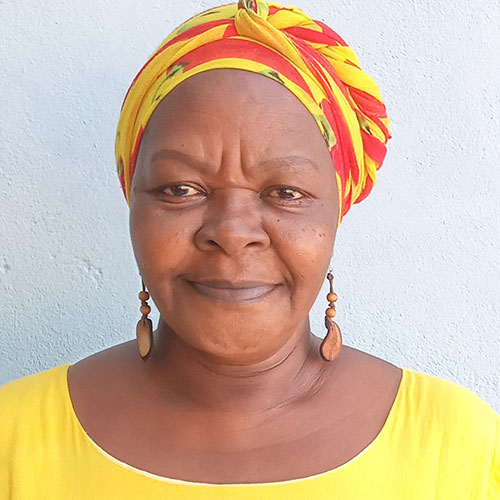Streets and Squares: Get to know the group that carries out actions focused on the rights of children and youths in Pernambuco
The initiative brings several activities for violence prevention, such as political pedagogical workshops


Grupo Ruas e Praças (Streets and Squares Group) is an institution that focuses on developing activities and social actions with children and adolescents in vulnerable situations in Recife, capital of Pernambuco, northeastern Brazil. In addition to working to improve the quality of life of these young people, the project also works to empower participating mothers and women.
The group was born in 1987, from a work developed, at the time, by the City Hall. The first actions were the accompaniment of children and adolescents who earned their living as windshield cleaners on the streets of the Santo Amaro neighborhood in Recife. As the project began to come to an end, three militant educators from the Movimento Nacional de Meninos e Meninas de Rua (‘National Movement of Street Boys and Girls’) continued the work.
The pedagogue, social educator and currently coordinator of the institution, Solange Maria da Silva, has been involved in the project since 1988 and says that, until the approval of the Statute, a year later, there was a very troubled period. Children and adolescents suffered various types of violence – and often educators were also targets for lack of police intervention.
Today, the group does street education work in which educators go to the areas where the beneficiaries are and develop activities, motivating them to participate in the process of leaving the streets.
What activities are implemented?
They are diverse, among them: the process of street education, through the Programa Sócio Familiar (‘Socio-Family Program’); violence prevention work, through political pedagogical workshops; conflict mediation through work with Círculos Restaurativos de Construção de Paz (‘Restorative Peacebuilding Circles’); confronting sexual violence of children and adolescents, with support from the Fundo Liberdade (‘Freedom Fund’) and the Rede de Enfrentamento ao Abuso e Prostituição Sexual de Pernambuco (‘Network for Confronting Sexual Abuse and Prostitution of Pernambuco’), and other institutions; access to a punctual basic food basket, with preference to families in a state of extreme miserability; access to basic social assistance and female entrepreneurship workshops.
The work is not about taking children off the streets. The group works by offering this possibility, encouraging this movement, so that they believe that it is possible to live a life with more quality and enjoy their rights. “The street can be used as a leisure space, but not as a home,” says Solange, who is also a graduate of the Restorative Circles course, Restorative Justice Training.
Rua e Praças understands that living on the street is not a life project that guarantees citizenship. From the primary activities, which take place at the headquarters, children and young people participate in meetings whose themes are transversal, political and pedagogical, where educators work on the process of abandonment and also carry out socio-family work.
The social workers listen to them so that they can approach and develop a work with the family of the child or adolescent who is being assisted by the institution. On these occasions, baths and meals are offered, as well as referrals and visits. The socio-family work involves mothers with the objective of strengthening, so that they also empower themselves so that they are attended to and seen in their pain and trauma – and thus the family bonds strengthened.
How to guarantee the rights of children and families?
Through systematic follow-ups, the institution achieves 90% contact with families. Visits are made, but often these same families are unable to participate in the follow-up because they are completely destroyed by violence, by self-blame for having children in that situation and by a whole process of social inequality and gender violence. There are many pains and problems they carry, not to mention the need to provide daily support for their children. Most of them have no schooling and live on small jobs, such as selling water on the street. The group offers support to the mothers until they can access some possibility of income, so that they have the minimum necessary to continue the journey.
Whether the child returns home depends on the case. There are those who can no longer return due to conflicts with the local drug trade, for example. In this type of situation, the group goes in search of another family member or relative who can receive them.
Solange says that there are young people assisted who manage to return home and to school, who enter the job market and manage to move on, but that there are also cases that are an ongoing attempt to help the person build a new life project.
If you are interested in the project, how would you like to help maintain it?
Visit the website and share the content on social media: Instagram and Facebook.
The project is located at Rua Araripina, 200, Santo Amaro, Recife, Pernambuco – Brazil.



